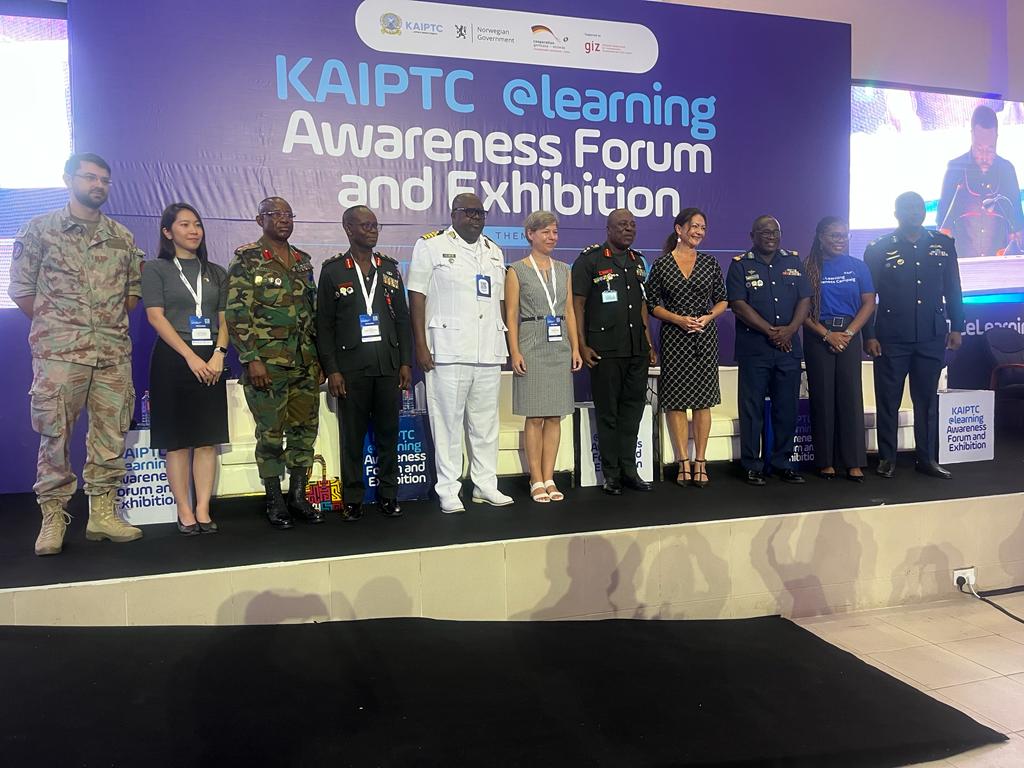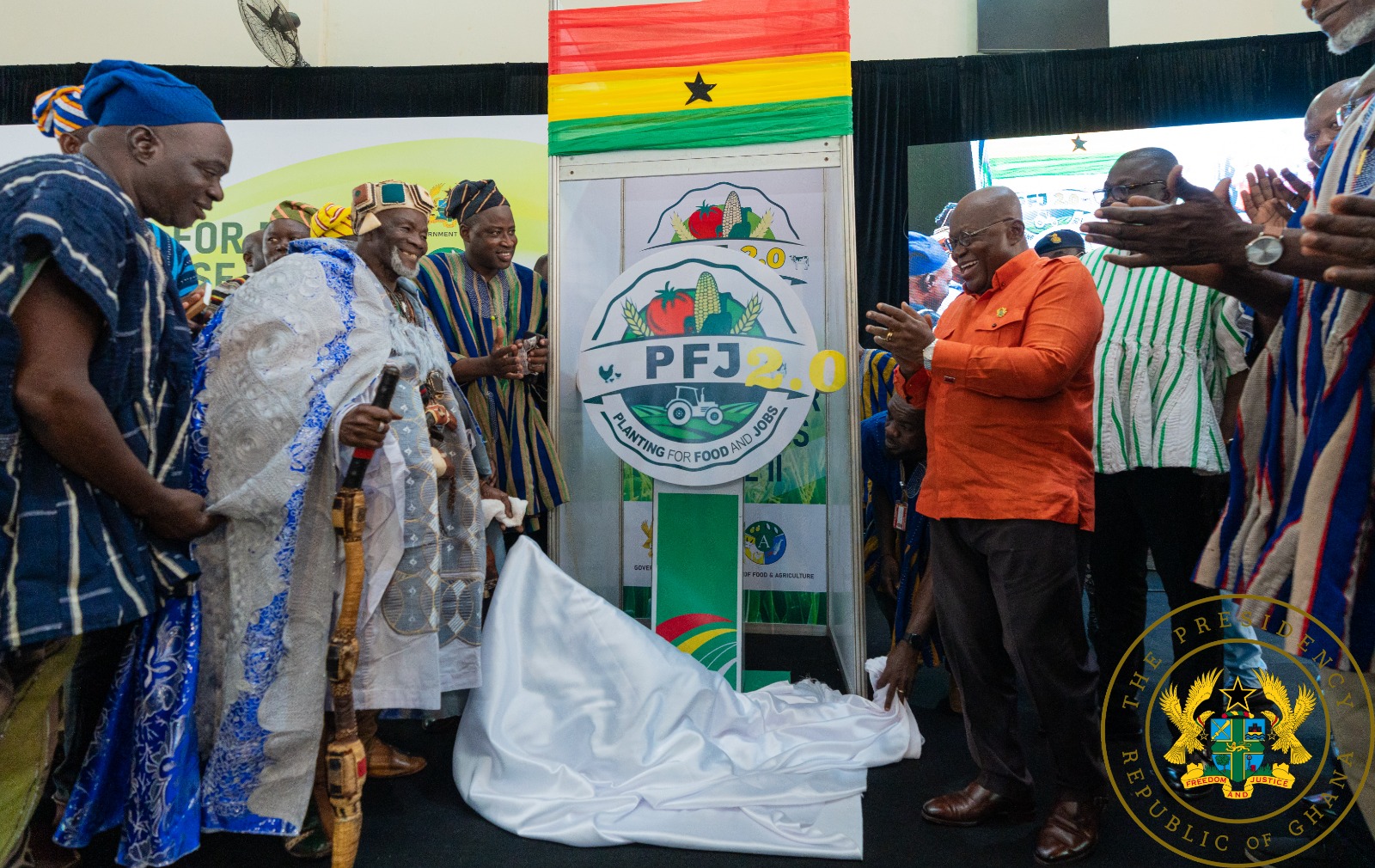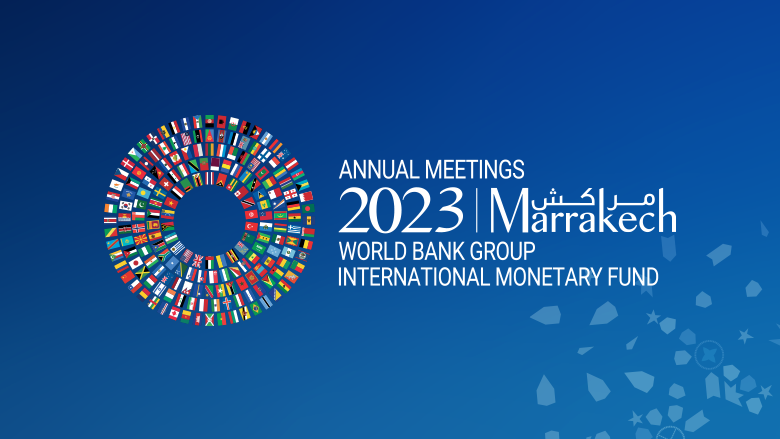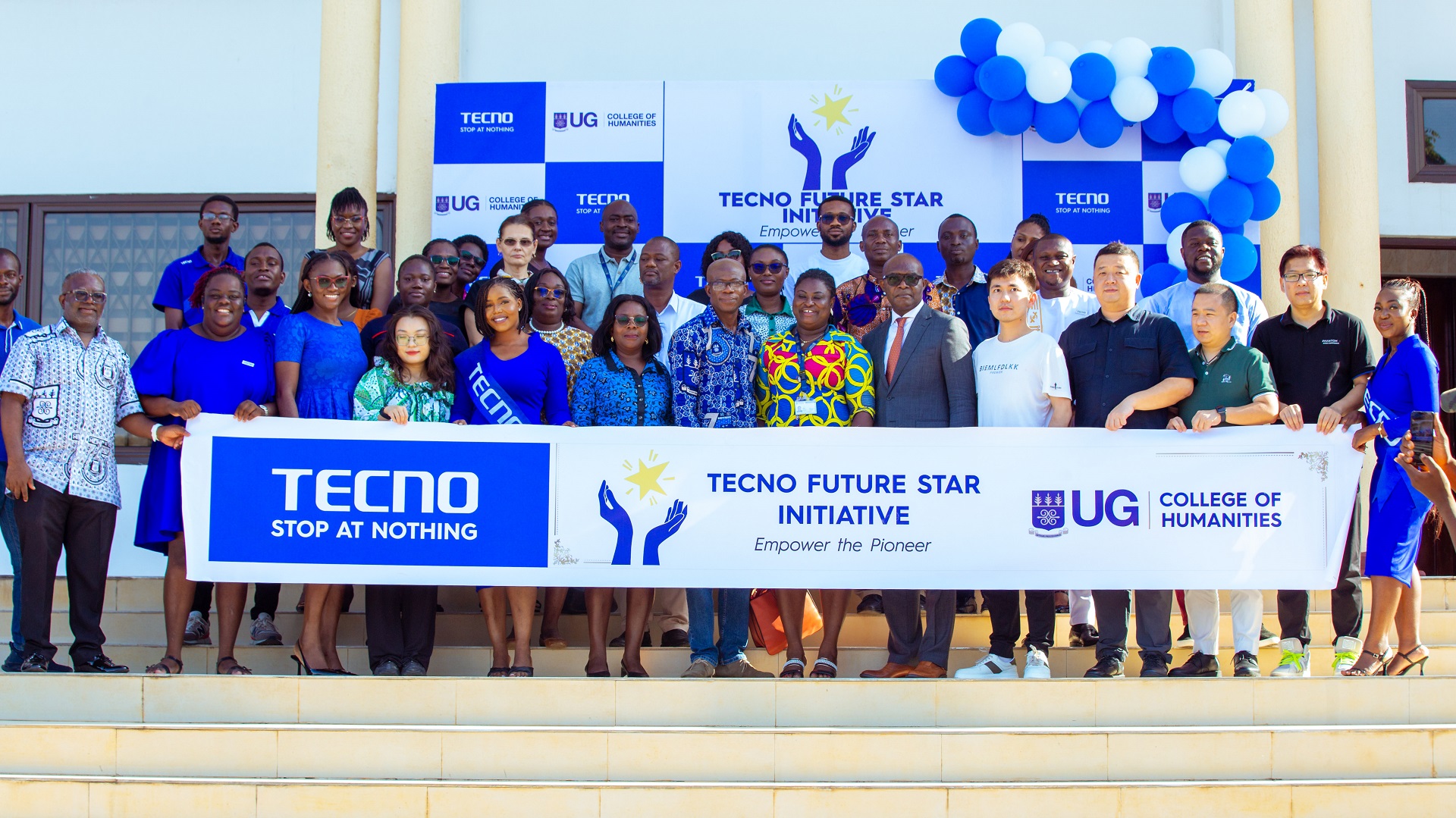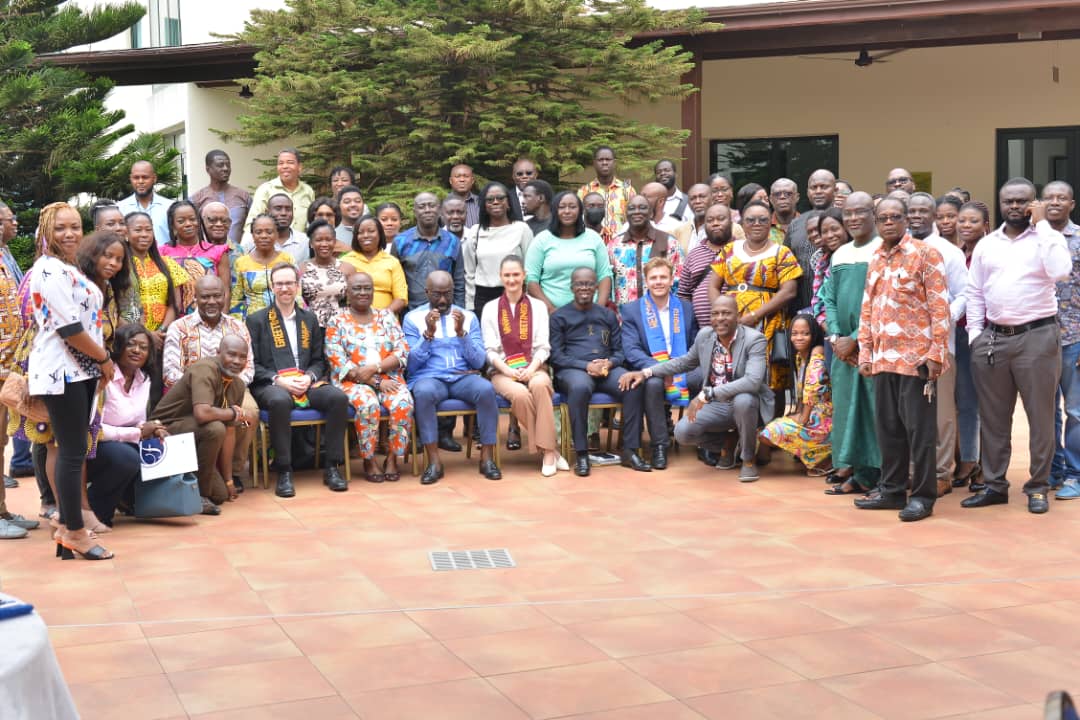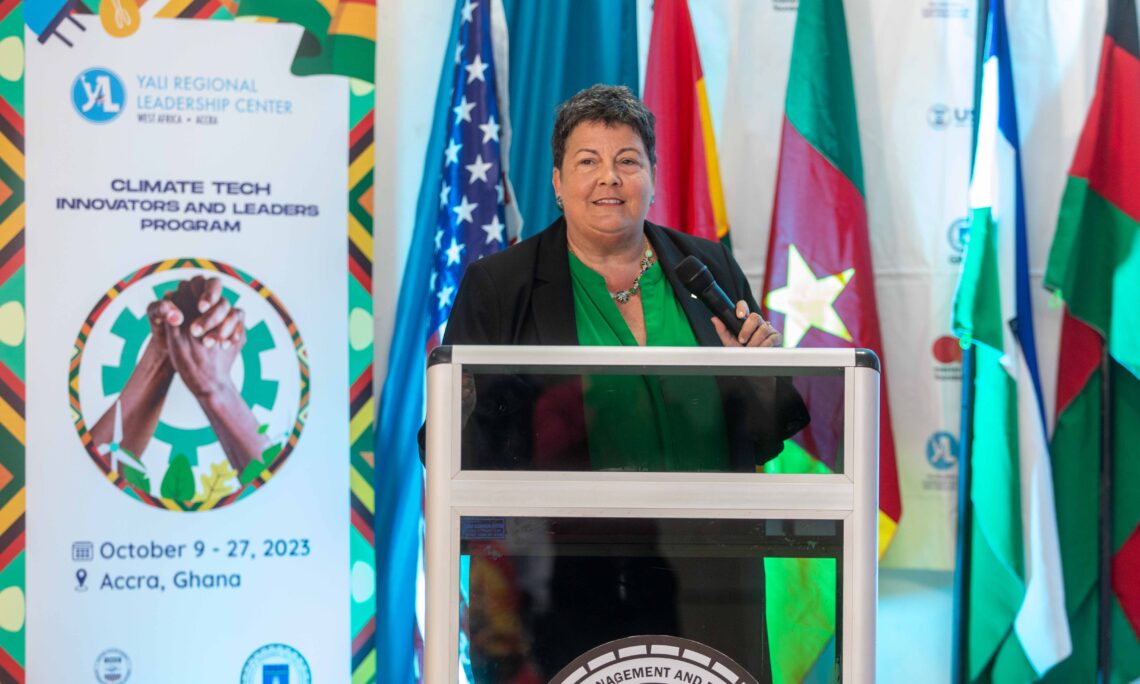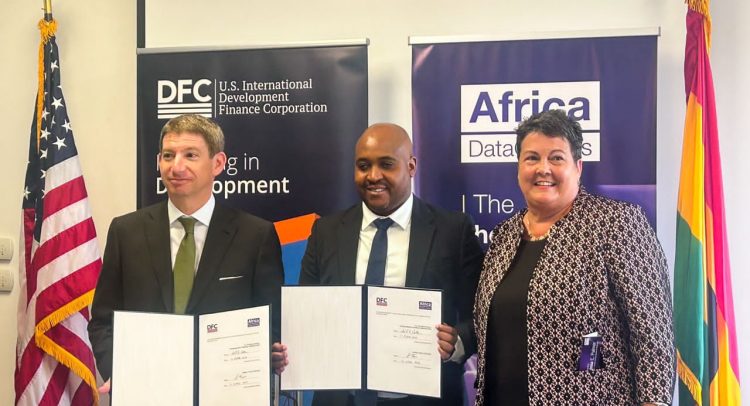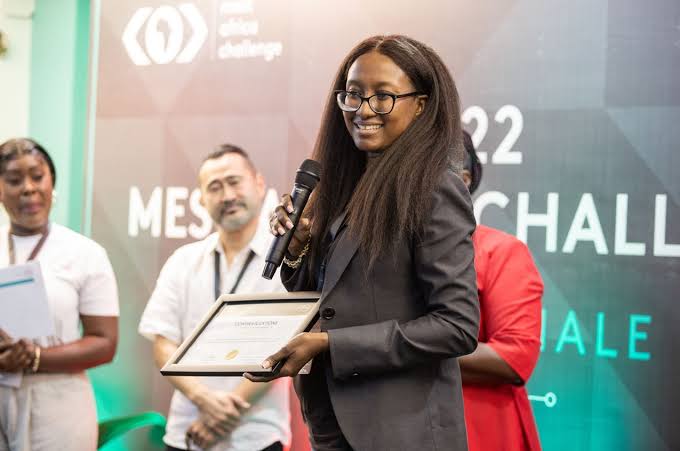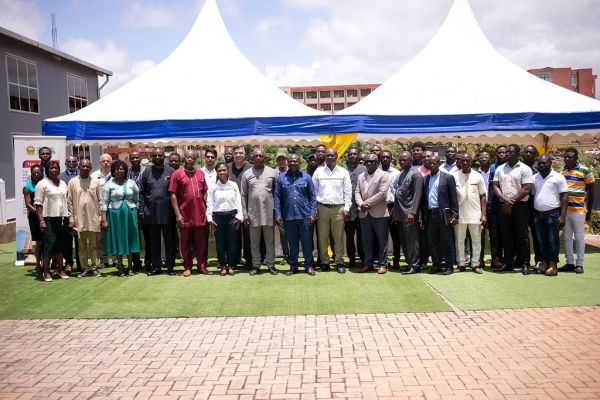British Airways has celebrated the inaugural flight from London Gatwick to Accra, marking the airline’s commitment to expanding its routes to West Africa. The first flight received a warm West African welcome at Kotoka International Airport, Accra, setting the stage for an exciting new connection between the two cities.
A West African Welcome
The first British Airways flight from London Gatwick to Accra arrived at Kotoka International Airport on Sunday at 18.26 local time. Passengers and crew members were treated to a traditional West African welcome as they disembarked from the aircraft. The welcome included dancers, drummers, and a VIP delegation, featuring the British High Commissioner to Ghana, Harriet Thompson.
Crew members added to the festive atmosphere, debuting their new uniform, designed by the renowned British-Ghanaian master tailor, Ozwald Boateng OBE.
Read also: Kenya Airways incurs losses due to foreign exchange, borrowing
Enhanced Travel Options
British Airways is now operating three weekly flights from Accra to London Gatwick, offering travellers more options for their journey. Flights from Accra to Gatwick depart at 21.20 on Tuesdays, Thursdays, and Sundays, with arrival in Gatwick at 04.00. The airline plans to add a fourth weekly service to the route timetable starting in April next year.
Neil Chernoff, British Airways’ Director of Network and Alliances, highlighted the airline’s commitment to providing increased capacity between Accra and London. In his words, “With 11 direct flights, across two London gateways, we’re pleased to offer our Ghanaian customers a greater choice of products and prices. Overall, we’re doubling the number of seats between Accra and London, with 55 per cent more capacity next summer versus 2019. We are always looking at routes and regions where there is potential for growth, and Accra is one of those routes, and Africa is one of those regions.”
State-of-the-Art Aircraft
British Airways operates daily flights from London Heathrow to Accra, served by the airline’s A350 fleet. The A350 is British Airways’ newest and more fuel-efficient aircraft type, featuring the latest generation business class seat, Club Suite, offering passengers enhanced comfort and a premium experience.
The addition of the Gatwick to Accra route also brings added cargo capacity between the two cities. This expansion provides new opportunities for Ghanaian exporters to access the market more quickly and efficiently through IAG Cargo, the cargo division of International Airlines Group, British Airways’ parent company.
Afrobeats Onboard
To celebrate the increased connectivity between Africa and London, British Airways is introducing Afrobeats to its in-flight entertainment system. Passengers can enjoy an exclusive playlist curated by global DJ sensation, Cuppy, offering an exciting selection of tracks to set the mood and create a memorable travel experience.
British Airways is a global full-service airline, serving more than 65 countries. Passengers can access one of the world’s most extensive flight networks, with a focus on sustainability through the “BA Better World” program. The airline is dedicated to achieving net-zero carbon emissions by 2050 as part of its commitment to a more sustainable future.
The new flight from London Gatwick to Accra enhances travel options for passengers, while bringing a taste of West African culture and entertainment to travellers embarking on this exciting journey between the UK and Ghana. British Airways remains committed to expanding its routes and providing a premium travel experience for its customers worldwide.

